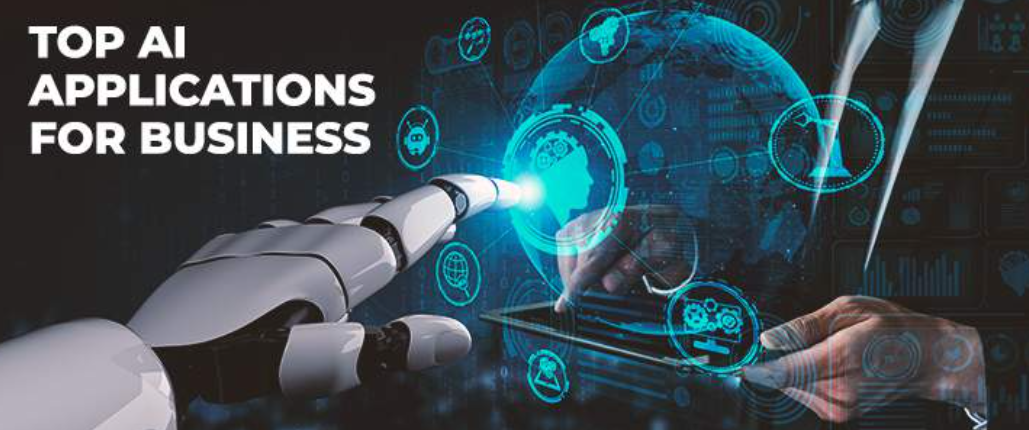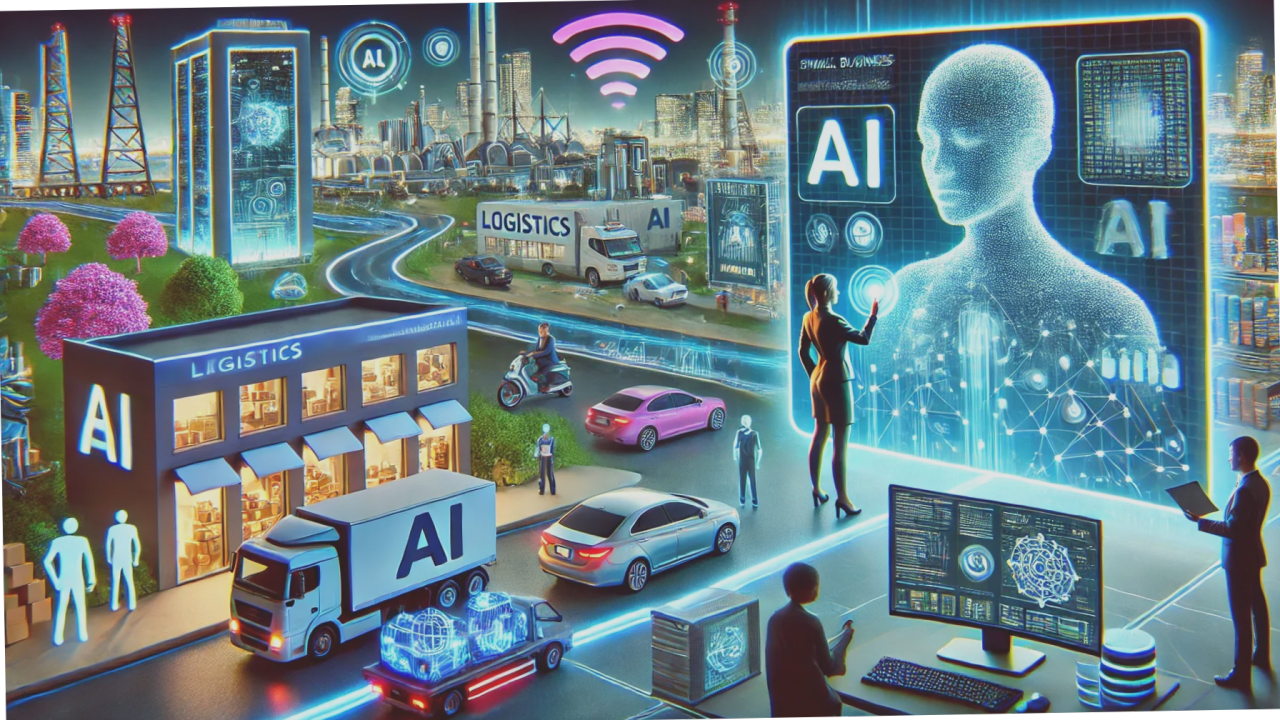Artificial Intelligence (AI) has emerged as a powerful force in modern business operations, redefining how companies interact with customers, manage resources, and drive growth. Its ability to process vast amounts of data, recognize patterns, and make intelligent decisions is transforming industries at every level. From marketing to supply chain management, the applications of AI in business are vast and continuously expanding.
Customer Service Automation
AI-powered chatbots and virtual assistants are revolutionizing customer support by handling inquiries 24/7. These tools can resolve common issues, provide product recommendations, and escalate complex queries to human agents, leading to faster response times and improved customer satisfaction.
Marketing and Sales Optimization
Businesses use AI to analyze consumer behavior, segment audiences, and personalize marketing campaigns. AI tools can predict buying patterns, recommend products, and even generate marketing copy. In sales, AI helps prioritize leads, forecast revenue, and identify cross-selling and upselling opportunities.
Human Resources and Talent Management
In HR, AI automates recruitment by screening resumes, matching candidates to job descriptions, and even conducting initial interviews. It’s also used in employee engagement tools to gather feedback, predict turnover, and suggest ways to improve workplace morale.
Financial Forecasting and Risk Management
AI algorithms can analyze financial trends and help businesses with budgeting, investment planning, and fraud detection. Machine learning models identify suspicious transactions in real-time, reducing financial risk and enhancing compliance with regulatory standards.
Supply Chain and Inventory Management
AI enhances supply chain operations by predicting demand, optimizing routes, and managing inventory levels. Predictive analytics allow companies to avoid stockouts or overstocking, leading to better resource utilization and cost savings.
Product Recommendations and Personalization
E-commerce platforms use AI to deliver highly personalized shopping experiences. Based on browsing history, preferences, and purchasing behavior, AI recommends products that are most likely to convert, increasing customer engagement and sales.
Manufacturing and Quality Control
AI is integrated into smart manufacturing systems to monitor production lines, detect defects, and optimize maintenance schedules. Computer vision and real-time analytics ensure consistent product quality and reduce downtime through predictive maintenance.
Business Intelligence and Data Analytics
AI tools are used to analyze large datasets and generate insights that guide strategic decisions. Natural language processing allows users to query data using simple language, making advanced analytics accessible to non-technical teams.
Fraud Detection and Cybersecurity
In cybersecurity, AI monitors network activity for anomalies, helping businesses detect and respond to potential threats faster. AI-driven systems learn from historical incidents to prevent future attacks, ensuring data and infrastructure security.
Legal and Compliance Assistance
AI simplifies legal processes by analyzing documents, identifying compliance risks, and automating contract reviews. Law firms and corporate legal teams use AI to reduce manual workload and minimize legal exposure.
Conclusion
AI is no longer just a competitive advantage — it’s becoming a core component of how modern businesses operate. From front-end customer interactions to back-end operational efficiency, AI applications are driving innovation, improving decision-making, and enabling companies to scale intelligently. As adoption continues to grow, businesses that harness the power of AI today are positioning themselves for long-term success.







Leave feedback about this